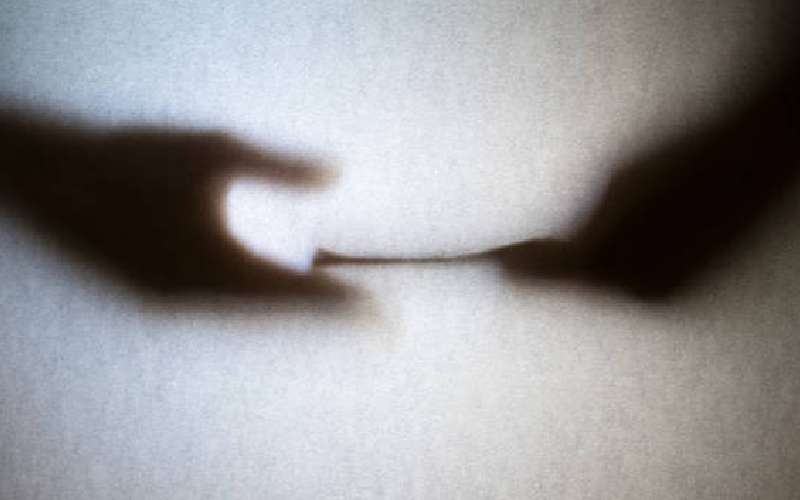×
The Standard e-Paper
Kenya’s Boldest Voice

Corruption in our politics does not start when the politicians win elections and get power, but way before. [iStock]
Ideally, Kenya is not a united nation. That is not odd because few nations can claim to be. Even though Kenyans are always at war - sometimes over nothing important but often over politics - one thing that brings them together is corruption.